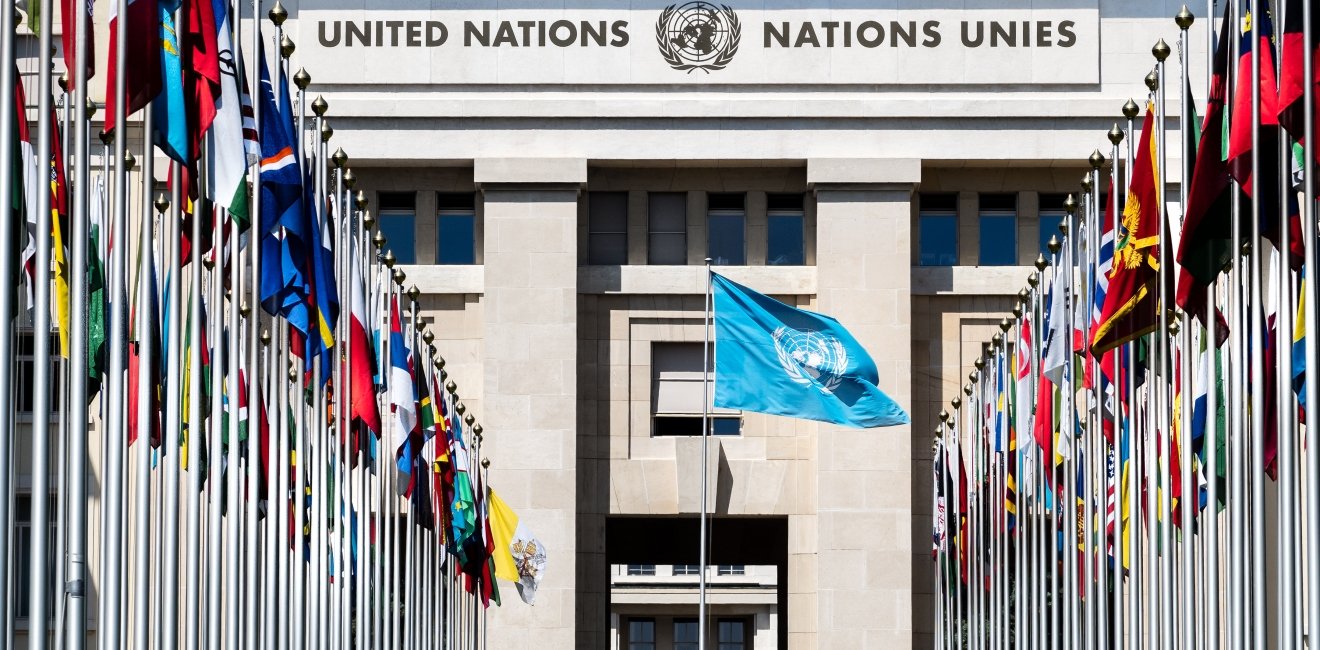
A blog of the Wilson Center

The United Nations Human Rights Council has condemned Israel 95 times, and China not once.
Since its inception, the Human Rights Council, or UNHRC, has passed 95 resolutions condemning Israel, more than all other countries combined. Bashar al Assad’s Syria, which has subjected its own people to barrel bombs, chlorine gas, and starvation to preserve his autocracy, has garnered a mere 36 condemnations from UNHRC. North Korea has been condemned only 14 times. China, in the midst of a genocide against its Muslim Uighur citizens, has accumulated a grand total of zero condemnations.
UNHRC is the second iteration of this council. The first, the UN Commission on Human Rights, or UNCHR, was established in 1946, and eventually lost credibility not only for its vitriolic criticism of Israel, but its membership made up of a “rogues’ gallery of human rights abusers.” In 2004 the United States walked out following the uncontested election to the Commission of Sudan, which was then ethnically cleansing the Darfur region.
The 2006 establishment of UNHRC was intended to refresh the legitimacy of the UN’s human rights body. The Council’s founding charter provides that elected members “shall uphold the highest standards in the promotion and protection of human rights…and be reviewed…during their terms of membership.” And yet, its current membership includes China, Russia, Cuba, and Venezuela.
Three years after the Trump Administration withdrew from UNHRC over its anti-Israel bias, the U.S. is rejoining the body following its “election” on October 14. The Biden Administration argues that UNHRC can only be reformed or fixed from within. Given the UNHRC’s lack of action on obvious topics like the genocide in China’s Xinjiang Province and its willingness to include in its membership countries like Venezuela, the question is, “where do you begin?”
Each and every day, millions of people around the world turn to the apps, “Quran Majeed” and “Bible App by Olive Tree.” At the Xi government’s request, Apple is removing them from its China App Store.
According to BBC reporting, both apps had run afoul of Chinese regulators and Apple’s policy is to comply with local laws, even those from authoritarian regimes, which according to Apple means that “at times there are complex issues about which we may disagree with governments.”
Of course, in the case of Quran Majeed, the “complex issue” might be the Chinese Communist Party’s genocide of China’s Muslim Uighur minority through torture, internment, and forced sterilization. According to the Chinese government’s own Statistical Yearbook, sterilizations nationwide fell by more than 60% between 2015 and 2018; but in the province of Xinjiang, home to the Uighurs, sterilizations increased by 500%.
Another “complexity” might be the money Apple makes in part thanks to China. With approximately 13% of global smartphone sales, Apple accounts for a dominating 75% of all profits from these sales. This is partly because of the high price Apple can charge for its premium brand, and partly due to the persistent low cost of production in China. Interestingly, despite U.S. sanctions, Apple has become more dependent on Chinese manufacturers in recent years, with China now accounting for nearly half of all Apple suppliers. “Chinese suppliers win orders by offering very low prices to Apple that non-China suppliers find hard to imagine,” an Apple supply chain manager told Nikkei Asia.
Since 2017, Apple has complied with CCP requests to remove items from its App Store some 55,000 times.
A record 32 million Africans are forcibly displaced today because of conflict and repression.
According to figures compiled from the UN High Commissioner for Refugees (UNHCR) and the International Organization for Migration (IOM), a record number of Africans are now displaced from their homes. Three quarters of the total are displaced within their own countries (“IDPs”), and the balance are hosted primarily in neighboring countries. The Democratic Republic of Congo alone accounts for more than 6 million displaced people.
Eight out of ten displacement source countries in Africa are authoritarian or semi-authoritarian, which isn’t a surprise because the link between autocracy and instability is strong. According to analysis by the Africa Center for Strategic Studies, 56% of all autocracies on the continent are in conflict, compared to a quarter of democratizers and zero full democracies. In Ethiopia, where recent progress in democratization has now badly backslid with troubled elections, increasing repression and an intensifying interethnic war, conflict and instability are causing famine — and even more humanity in motion.
Author

Explore More in Stubborn Things
Browse Stubborn Things
Spying on Poachers

China and the Chocolate Factory

India: Economic Growth, Environmental Realities
